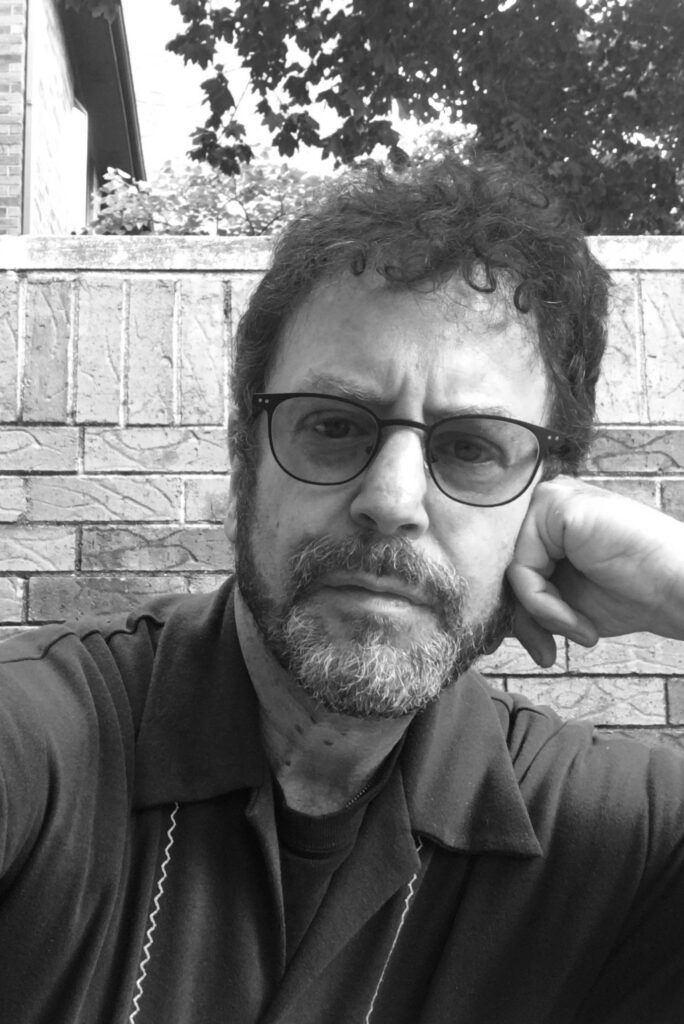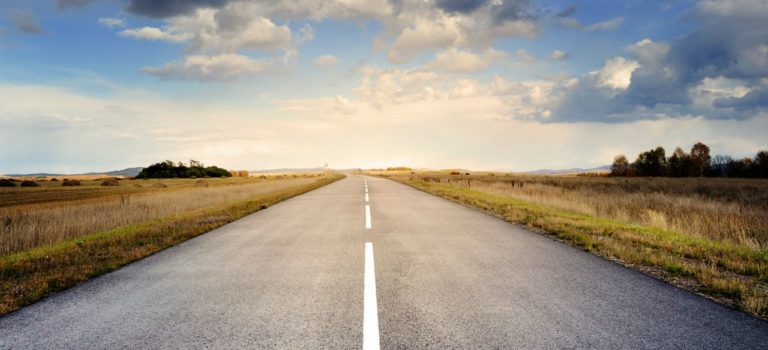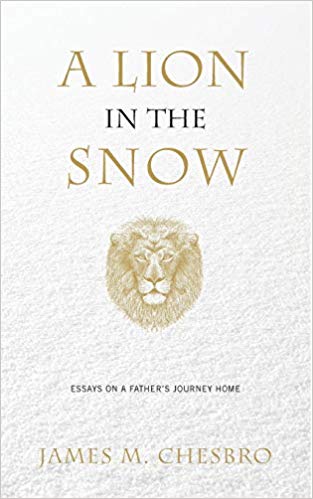
Essay as Solid Object
On July 18, 1974, Pete Seeger wrote to me: “Dear Dave: Thanks for your letter and the magazine. Please believe me, in a very short while most individuals’ names are forgotten. But the work we do will play a part in the future, for good or bad. And the work that millions of people must now do is to realize that it is they who are important, not a few well known individuals. I hope that you in your writing can make people proud of themselves and help them get off their asses as they will if they would only realize how effective each one of us can be if we want to. Best Wishes, Pete Seeger.” Underneath he wrote, in script, his tag line, “Take it easy, but take it.” Here’s the context: I was the co-editor of my high school history magazine, with Rob Steele (first and last names synonyms), and Rob agreed with my dedicatory desire.
I sent a copy of our magazine, a ragtag issue of mini-essays mostly indicting Nixon, though I wrote a mixed review of the recently released Planet Waves by Bob Dylan for, I now imagine, without a great deal of ballast, some arty cred. It was smart and committed for seventeen year olds, and Pete Seeger’s response—I don’t have a copy of my undoubtedly sincere letter—is a redoubt of his reputation for being a good guy. And, as you might imagine, from my little row house perch in Brooklyn, I was just so pleased that that this icon that I admired politically and musically was encouraging me to write.
In 1974, I had already had experience working in a political campaign. Rob Steele (I’m trying not to say it again) and I were co-managers of canvassing for the McGovern campaign in our Brooklyn district. This says something about our dedication and perspicacity, or the terrible organization of the campaign. There have been moments over the last 45 years when I’ve thought, “how was he supposed to win with a couple of 15 year olds directing his canvassing?” In any case, I went on to work for the campaigns of Bella Abzug and Ramsey Clark, and got into the habit of thinking that throwing my heart into the campaigns of those who were throwing their hats into the ring meant inevitable heartbreak. These were the campaigns of, to use Leonard Cohen’s phrase, “beautiful losers.”

My next directly political foray was working for the Sanctuary organizing committee in Syracuse in 1982-3. It was mostly a group of nuns and me meeting and trying to find a way to use the upstate Catholic churches to give safe have to political refugees from Guatemala and Nicaragua. Anyone remember all that, or has all of this faded into the morass of Reagan hagiography?
I’ve almost forgotten one other early episode: I was a on a ballot slate in the NY primary in 1977, to be an elector to choose the Democratic nominee for State Supreme Court in NY. I won a slot for undoubtedly obscure reasons—perhaps the perverse people in my district thought I was Swifty Lazar, and spent a quiet few hours months later casting an inconsequential vote.
Since then, my direct action has been limited to political donations, a few marches here and there, signing petitions, and spouting off incessantly about a series of mostly fixed betes noirs: the cupidity of the Republican party, the misery of thinly (if at all) disguised racist, misogynist and homophobic indulgences by the seemingly endless dying white patriarchy. You know: that kind of thing. I am, after all, no less a type than any one else: a progressive New York Jew born of familial connections to the labor movement. A quirky type, yes, even perhaps inconsistent, perchance unpredictable if the barometer is swinging wildly, but mostly close to the set of beliefs I had, lo, those many years ago in Brooklyn.
Now, as for Pete Seeger’s admonition about using my writing, and my own consideration of how politics has figured in my work: the result has been rather indirect, I think, but far from absent. I’m tempted to say to I’m not a political writer until I realize that I’m not at all an apolitical writer—far from it. My politics, which is to say my political self is too essential to me, too bound, to ever be too many rooms away from where I’m throwing the children’s hammer down on the walnut of whatever obsession I happen to be chasing in an essay. It makes itself known in almost everything I write, even if what I write doesn’t lead with political questions or ideations. The Rosenbergs, Donald Trump, 911 . . . my indignity at various forms of human indignities make themselves known. But to be fair these are all things that I discuss as part of my thinking-feeling self, not as leading subjects.
One of my favorie essays has always been Orwell’s “Why I Write,” just as Orwell has always been one of the polestars of the essay for me—a bit, I suppose, like saying, “I just adore Bach. He’s one of the best.” In any case, in “Why I Write,” Orwell speaks to his reputation as a political essayist and surprises, as an essayist might, an essayist should, by upending our expected sense of his motives. First he describes his sense of the political, telling us that no book is apolitical, and that he means the word in the widest sense, as the “Desire to push the world in a certain direction, to alter other people’s idea of the kind of society that they should strive after” which can manifest itself in so many ways, in deeply personal writing, in fact. Along with insisting on his rational, committed, getting people of their asses motives (which Orwell, however, took more ambitiously into a desire to change consciousness), he acknowledges, “All writers are vain, selfish and lazy, and at the very bottom of their motives there lies a mystery. Writing a book is a horrible, exhausting struggle, like a long bout of some painful illness. One would never undertake such a thing if one were not driven on by some demon whom one can neither resist nor understand. For all one knows that demon is simply the same instinct that makes a baby squall for attention.”
It is precisely in the ability to combine these impulses, sometimes jarring, but hardly contradictory, that great works are born. Think Baldwin, Hazlitt, Woolf’s Room of One’s Own. One of the reasons I love Orwell is his understanding of what he could never be free of: “I am not able, and I do not want, completely to abandon the world-view that I acquired in childhood. So long as I remain alive and well I shall continue to feel strongly about prose style, to love the surface of the earth, and to take pleasure in solid objects and scraps of useless information. It is no use trying to suppress that side of myself. The job is to reconcile my ingrained likes and dislikes with the essentially public, non-individual activities that this age forces on all of us.”
This is one of my favorite passages in the entire essay canon: so clear, self-knowing, resigned to what cannot be changed, what must be. The essay, one comes to almost feel here, is a solid object that can change the world a little through oneself.


 Today we are pleased to feature author Joe Bardin as our Authors Talk series contributor. In this podcast, Joe discusses the process of envisioning and writing his essay “Trenton into Time.”
Today we are pleased to feature author Joe Bardin as our Authors Talk series contributor. In this podcast, Joe discusses the process of envisioning and writing his essay “Trenton into Time.” Today we are proud to announce news about past contributor James M. Chesbro. James’ collection of essays titled A Lion in the Snow has been released and is available for purchase through Amazon
Today we are proud to announce news about past contributor James M. Chesbro. James’ collection of essays titled A Lion in the Snow has been released and is available for purchase through Amazon  Today we are pleased to feature Kate Lechler as our Authors Talk series contributor. Kate discusses her essay, “The Breathtaking Sting of the Pull,” and what non-fiction offers to her as a writer.
Today we are pleased to feature Kate Lechler as our Authors Talk series contributor. Kate discusses her essay, “The Breathtaking Sting of the Pull,” and what non-fiction offers to her as a writer. Today we are pleased to share news about past contributor Rochelle Hurt. Rochelle’s essay “An Entrance, an Exit, an Entrance” has been included in The Orison Anthology, vol. 2. The anthology is available for purchase from
Today we are pleased to share news about past contributor Rochelle Hurt. Rochelle’s essay “An Entrance, an Exit, an Entrance” has been included in The Orison Anthology, vol. 2. The anthology is available for purchase from 
 Today we are pleased to feature author William J. Cobb as our Authors Talk series contributor. William talks about his essay “The Altered States of Stuffed Animals” which was inspired by his daughter’s collection of stuffed animals. He goes on to say that he has a complicated relationship with stuffed animals one that is, “usually dismissive, [and] begrudgingly sentimental.”
Today we are pleased to feature author William J. Cobb as our Authors Talk series contributor. William talks about his essay “The Altered States of Stuffed Animals” which was inspired by his daughter’s collection of stuffed animals. He goes on to say that he has a complicated relationship with stuffed animals one that is, “usually dismissive, [and] begrudgingly sentimental.” Today we are pleased to feature author Kirsten Voris as our Authors Talk series contributor. In her podcast, Kirsten discusses her discovery of the different stories you can tell you about yourself. She reveals, “When I choose a version of reality to sell in an essay, what I’m really doing is selling the idea to myself. I’m deciding what kind of a story I want to tell me about myself.” Kirsten also discusses her process, her writing partner, and how she’s learned that “not writing is essential to writing.”
Today we are pleased to feature author Kirsten Voris as our Authors Talk series contributor. In her podcast, Kirsten discusses her discovery of the different stories you can tell you about yourself. She reveals, “When I choose a version of reality to sell in an essay, what I’m really doing is selling the idea to myself. I’m deciding what kind of a story I want to tell me about myself.” Kirsten also discusses her process, her writing partner, and how she’s learned that “not writing is essential to writing.”